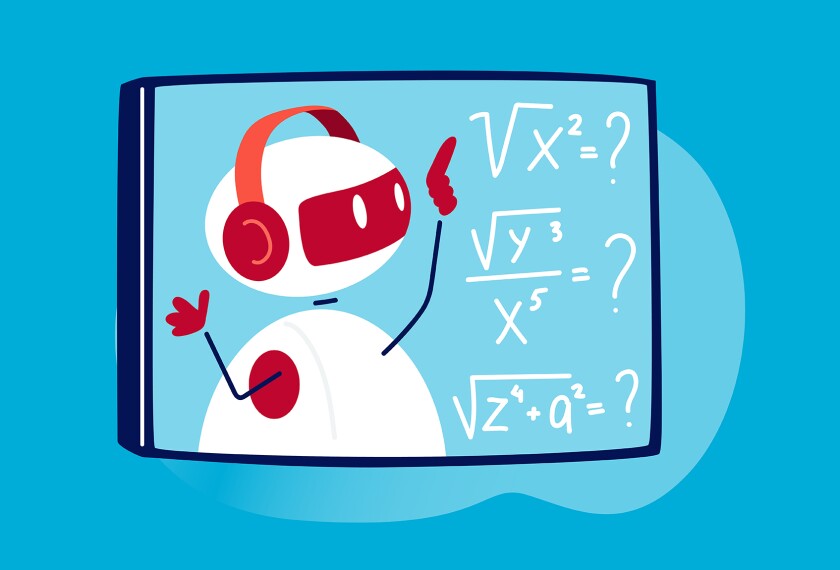While educators are worried about how students might use artificial intelligence-driven technologies like ChatGPT to cheat on school assignments, teenagers have a much bigger concern: how the technology will impact their future job prospects.
Sixty-six percent of teens said in a newly released survey that they are concerned they may not be able to find a good job as adults because of artificial intelligence. And one in three said they were “very” or “extremely” concerned.
Those findings come from a nationally representative , conducted by the nonprofit Junior Achievement with the marketing and data firm Big Village. The survey was conducted between February and March of this year.
There has been a lot of coverage about how artificial intelligence will disrupt the workplace, potentially eliminating a good number of jobs relatively quickly. While that’s not a new concern, the arrival of ChatGPT onto the scene in November—which can turn out essays in seconds and even pass the bar exam—has suddenly made those worries feel a lot less theoretical.
There’s been a lot of speculation about what jobs AI will replace. Even Sam Altman, the CEO of the company Open AI, which created ChatGPT, told ABC News that artificial intelligence “is going to eliminate a lot of current jobs, that’s true.”
Given that perspective, it’s no surprise that most teens are concerned. Even so, youthful optimism is a powerful force and a strong majority of teens—79 percent—remain confident that they will manage to find well-paying and meaningful jobs as adults. And seven in 10 teens believe that recent technological innovations are a good thing.
What is the big takeaway survey data point for educators? More than nine in 10 teens say they would be interested in learning in high school about how to work with artificial intelligence.
“Every 10 to 15 years, we have a technological breakthrough that negatively impacts some jobs while creating new industries and career fields,” said Jack E. Kosakowski, the president and CEO of Junior Achievement USA, in a statement. “We saw this with personal computers in the early 80s, the internet in the mid-90s, smart devices and social media about 15 years ago, and now AI.”
How are teachers and students using AI?
AI—and more specifically ChatGPT—has a lot of people worried, excited, or both about how the technology could change education. But beyond the speculation, how much are teachers and students actually using the technology?
In a separate survey by the polling and research firm Impact Research, commissioned by the Walton Family Foundation in February, teachers reported using ChatGPT for lesson planning, coming up with creative ideas for their classes, and curating background information for lessons.
That survey found that teachers are using the AI tool more than their students. Half of the teachers said they have used ChatGPT while only a third of students ages 12 to 17 reported using ChatGPT for school. Fifteen percent of students said they had used the technology without their teachers’ permission.
In that survey, 68 percent of students said they think ChatGPT could help them become better students, and 76 percent said the AI tool could help them learn faster. Eight in 10 students said they would rather have a teacher incorporate technologies like ChatGPT into their teaching and learning than one who is scared of the technology.






